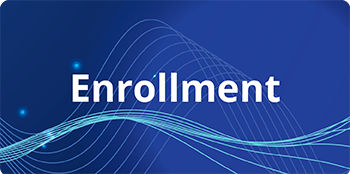
The Shoulder & Elbow Registry (SER) is part of the AAOS Registry Program. As of October 2024, more than 56,000 procedures related to shoulder arthroplasty, elbow arthroplasty, and rotator cuff repair have been submitted by hospitals, ambulatory surgery centers, and private practice groups.
SER Participation Benefits
Participation in the SER provides actionable information to guide physicians and decision making to improve the quality of care, patient safety, and treatment outcomes.



Learn About Quality Collaborations
Registry data can help meet a participating site’s requirements for collaborative programs like quality certifications and federal quality initiatives.

Data in Practice
Discover how registry data transforms orthopaedic practice with real-life results—click to explore SER case scenarios and the transformative impact of data-driven healthcare.
Registry Enhancements
Learn about recent updates to the RegistryInsights platform and new opportunities to engage with AAOS Registry data.






